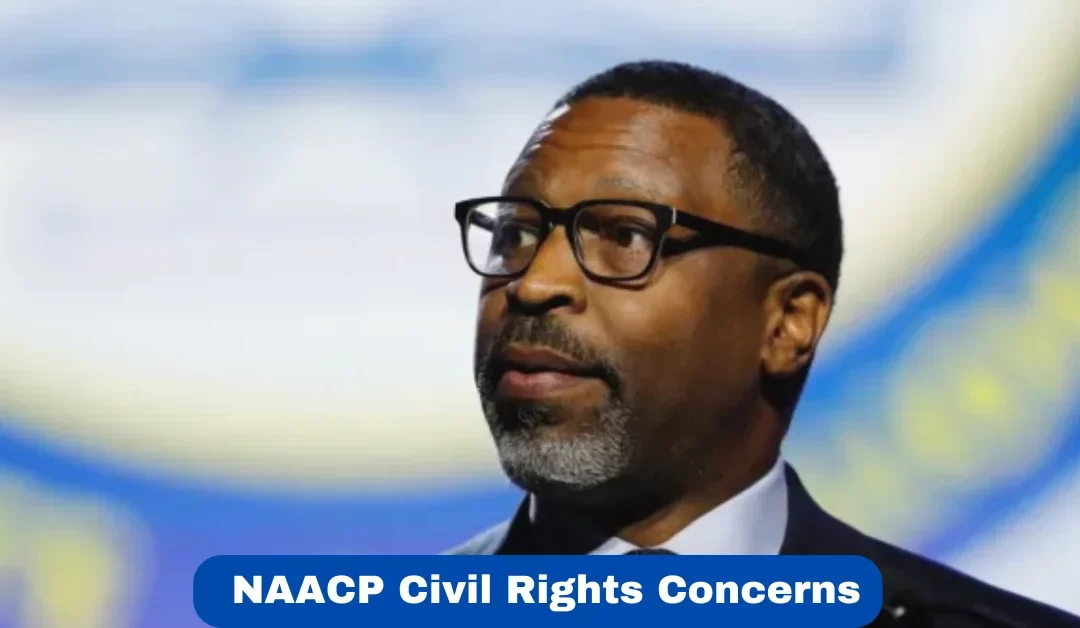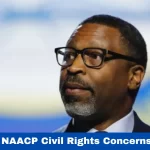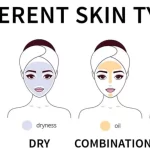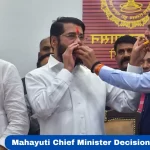The NAACP has voiced serious concerns about how President-elect Donald Trump’s Cabinet selections may affect Black Americans. These concerns are rooted in the links between some appointees and the conservative Project 2025, a presidential transition plan that the NAACP believes could undo decades of civil rights progress.
Why the NAACP Is Concerned
The NAACP, a leading civil rights organization, has been vocal about the potential negative implications of Trump’s Cabinet choices. According to NAACP President and CEO Derrick Johnson, these appointments present a troubling picture for the next four years.
Problematic Cabinet Appointments
- Criminal Allegations and Controversies
- Some of Trump’s picks, including former Representative Matt Gaetz, have faced legal and ethical issues. Gaetz, nominated for Attorney General, was under investigation by both the Justice Department and the House Ethics Committee.
- After widespread criticism and scrutiny, Gaetz eventually withdrew his nomination, but the controversy left a lasting impression.
- Ties to Project 2025
- Russell Vought, a co-author of Project 2025, was chosen to lead the Office of Management and Budget (OMB). This selection drew sharp criticism because of Vought’s close connection to the conservative transition plan.
- In the plan, Vought describes the OMB as a powerful tool to enforce the President’s policies, even at the expense of other agencies’ autonomy.
What Is Project 2025?
Project 2025 is a conservative blueprint for managing the presidency and federal government. Released during Trump’s campaign, the plan outlines sweeping changes to the White House’s operations.
Key Concerns About Project 2025
- Threat to Civil Rights
- The NAACP argues that the plan could reverse decades of progress in civil rights. Policies under the plan could potentially weaken voting rights, educational access, and equal employment opportunities for Black Americans.
- Impact on Democracy
- The organization warns that Project 2025 could erode democratic institutions, making it harder for marginalized communities to have a voice in government.
- Centralization of Power
- The plan emphasizes giving the President significant control over federal agencies, which could bypass checks and balances that protect citizens’ rights.
NAACP’s Response to Trump’s Appointments
The NAACP remains committed to fighting against policies and appointments it views as harmful to Black communities.
Core Beliefs Highlighted by the NAACP
- Education as a Cornerstone of Democracy
- The organization emphasizes that access to quality education is essential for an informed and engaged society. Policies that limit educational opportunities disproportionately harm communities of color.
- Healthcare as a Human Right
- Affordable and accessible healthcare remains a priority for the NAACP. Any rollbacks in healthcare protections could devastate Black Americans, who already face systemic barriers in the healthcare system.
- Economic Equity
- The NAACP advocates for policies that promote economic empowerment and equity. The group fears that Trump’s administration may implement policies favoring the wealthy at the expense of marginalized communities.
What’s at Stake for Black Americans?
The NAACP believes that the combination of controversial Cabinet picks and the influence of Project 2025 could have far-reaching consequences for Black Americans.
Potential Impacts
- Rollbacks in Civil Rights
- Policies influenced by Project 2025 could reduce protections against discrimination in housing, education, and employment.
- Loss of Voting Rights
- Changes in federal oversight could make it easier for states to implement voter suppression laws.
- Economic and Social Inequities
- The lack of prioritization for equity in budgeting and policy-making may worsen existing disparities in wealth, education, and healthcare.
NAACP’s Call to Action
The NAACP is urging Americans to stay vigilant and hold leaders accountable. They emphasize the importance of collective action to protect civil rights and democracy.
How You Can Help
- Stay Informed: Understand the potential impacts of proposed policies on your community.
- Advocate for Change: Support organizations working to uphold civil rights and equity.
- Vote: Ensure your voice is heard in every election, from local to national levels.































